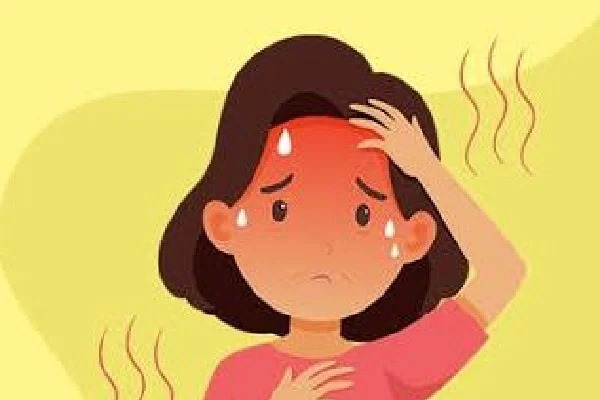New Delhi, June 24: Acupuncture may significantly reduce hot flashes and other hormonal side effects associated with endocrine therapy in women with breast cancer, according to a new study based on a pooled analysis of three clinical trials.
Endocrine therapy, which helps block hormone signaling that drives certain forms of breast cancer, is a life-saving treatment. However, up to 80% of women experience hot flashes—characterized by sudden, temporary sensations of body warmth, flushing, and sweating—and other side effects, leading some to discontinue the treatment. This discontinuation elevates the risk of cancer progression and death.
Researchers from the Dana-Farber Cancer Institute in the US conducted a coordinated, multinational project comprising three independent randomized controlled trials in the US, China, and South Korea. The analysis, published in the journal CANCER, included 158 women with stage 0-III breast cancer.
The participants were randomized into two groups: immediate acupuncture (IA), who received acupuncture twice a week for 10 weeks and were followed for an additional 10 weeks without acupuncture, and delayed acupuncture control (DAC), who received usual care for 10 weeks before crossing over to a reduced-intensity acupuncture regimen (once per week) for another 10 weeks.
After the initial 10 weeks, 64% of participants in the IA group reported improvements in the number and severity of their hot flashes, compared to 18% in the DAC group. Furthermore, DAC participants who later received weekly acupuncture showed significant improvements in symptom scores. Notably, no side effects were reported by any of the participants.
“By managing side effects, our approach makes it easier for patients to continue their prescribed medication, potentially reducing the risk of cancer recurrence and improving long-term outcomes for breast cancer survivors,” said lead author Weidong Lu from the Dana-Farber Cancer Institute.
Lu also suggested that individuals interested in acupuncture should start with “a short trial period” and, based on the results, “engage in a long-term program.”


